Liverpool’s transfer activity during Jurgen Klopp‘s tenure was revered, but there was a time when the manager and the recruitment team weren’t reading the same book, let alone the same page.
The Reds’ shrewd and data-led approach to transfers made them the envy of the Premier League during Klopp’s reign, as the manager embraced the assets of those around him rather than dismissing them.
The same could not quite be said of Brendan Rodgers, who decided he did not want the input of data and analytics – hardly surprising then that his list of targets were underwhelming.
Rodgers pushed to sign players like Joe Allen and Fabio Borini despite the club’s analysts suggesting otherwise, and he was ‘obsessed’ with landing Christian Benteke.
This Is Anfield spoke with Liverpool’s former director of research, Ian Graham, ahead of the launch of his new book and discussed how he had “begged” FSG not to sign the Belgian striker.
“Benteke was the epitome of that kind of misunderstanding of style,” explains Graham, whose work included profiling and categorising players and turning data into actionable insights.
“Benteke in the right system, in a system that plays to his strengths, is a very effective striker. Our problem was Liverpool didn’t play that system.
“In 2012, when both Brendan and I joined the club, Brendan’s number one priority was to get rid of Andy Carroll – the one player that we’d had in the past who did play in that style.”
Rodgers was obsessed with the Aston Villa striker and fought to sign him for three consecutive summers, a ‘Benteke saga’ as Graham coined it. Rodgers was rebuffed two times, but not the third.
He revealed: “Benteke arrived in 2015, and when I said in the book that I begged Fenway not to sanction the signing, one of the reasons I was surprised they were considering it was in summer 2014 Brendan wanted Benteke, and then we convinced Fenway he shouldn’t come, and in 2013 it was the same thing.”
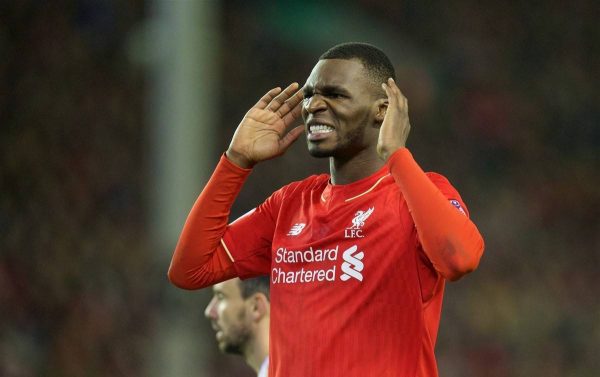
Graham credited Benteke for “his pretty good goal rate” at Anfield (10 in his only season), but ultimately it did not work out as he was never suited to Liverpool’s style of play.
“It was frustrating with Benteke because the style he played, again nothing negative to say about the player or person, wasn’t a fit for him at Liverpool.
“My preference was Romelu Lukaku, he had a lot of strengths of Benteke but a lot more mobile, less of a traditional target man, [but] Brendan was convinced Benteke was just a superior player to Lukaku.”
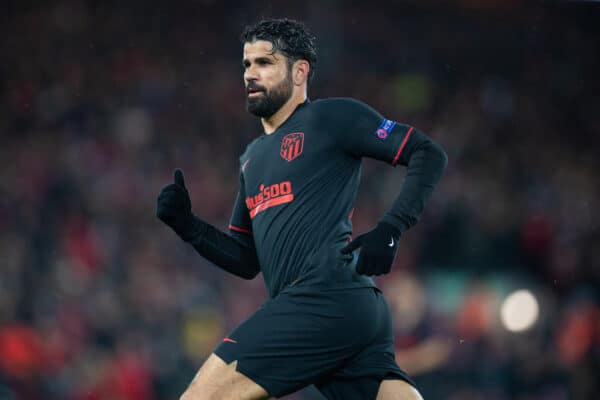
As for other alternatives, Diego Costa was a striker Graham name-checked and is one of the ‘ones that got away’ when there was a chance to sign him from Atletico Madrid in 2013.
“By the time we decided ‘ok, let’s go for Costa’ it was already too late, he’d already signed a new contract,” he said.
“Thinking back, can you imagine the forward line of Luis Suarez and Diego Costa? I’m not sure Liverpool would be anyone’s second team with that pair of centre-forwards!”
‘A manager in the old school British sense’
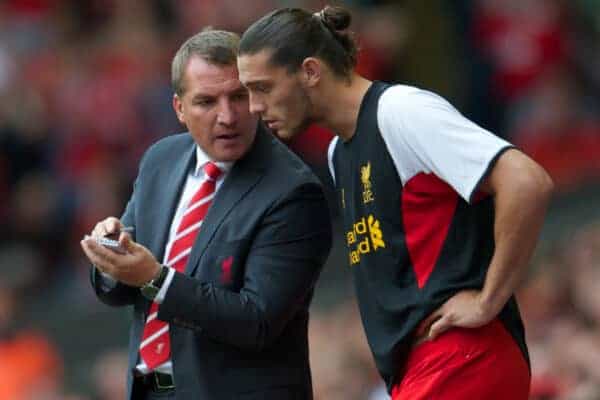
Graham also revealed the interesting dynamics of the relationship with Rodgers that were obvious from his first day at the helm.
He said: “From day one, it became clear that he wanted to be a manager in the old school British sense of being a manager, which was, ‘I’m the boss, the only boss and I take all of the decisions, including recruitment.
“That wasn’t the model FSG believed he was signing up to. He set his stool out very clearly in those early weeks, and his transfer strategy was just very different to what we thought was needed.”
He continued: “Brendan wanted the club to be organised with him in sole charge of recruitment decisions, whereas I think it’s fair to say Fenway (FSG) didn’t want that.
“If they did want it, there was no point in me or Michael Edwards being at the club.”
You can purchase Ian’s book, How to Win the Premier League: The Inside Story of Football’s Data Revolution, here.
Watch and listen to the full chat with Ian in a 50-minute podcast episode, here.
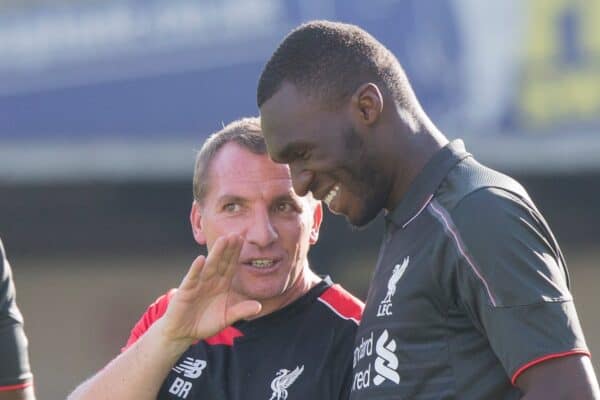
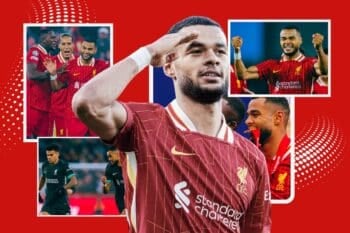





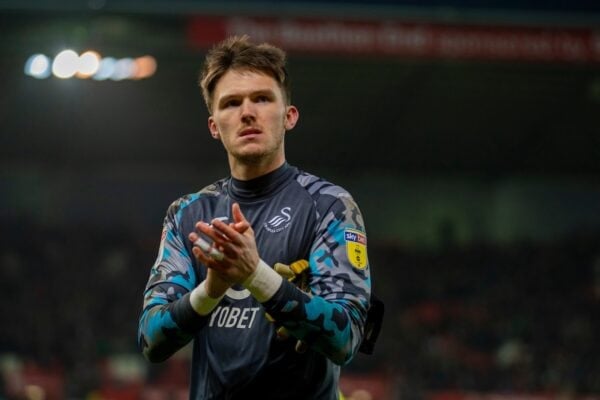



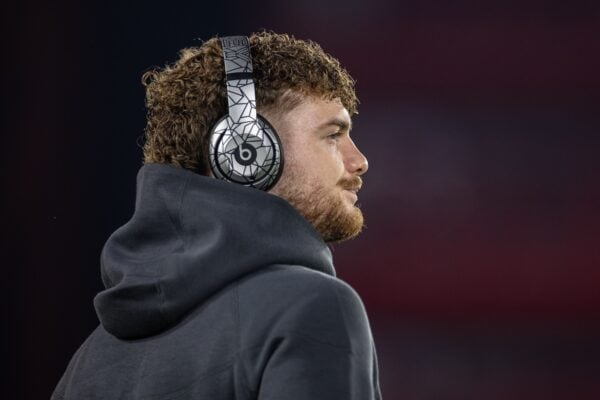
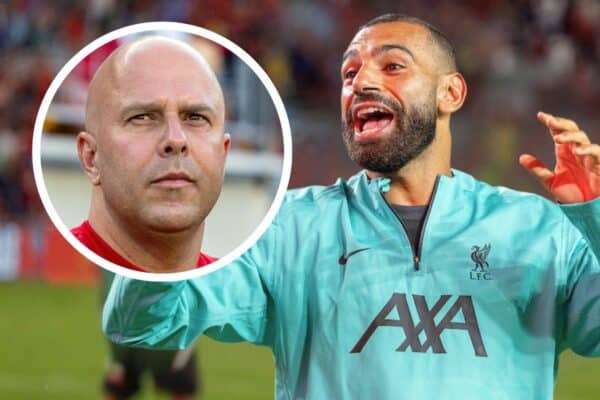


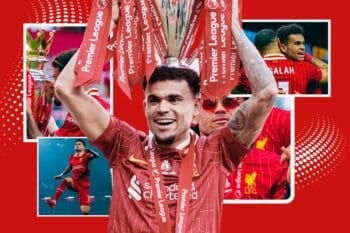
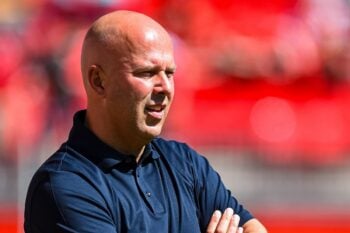
Fan Comments